Here’s how the Galaxy S20 can finally beat the iPhone
The Galaxy S20 could steal the mantle from Apple for top smartphone. Here's how.

Apple and Samsung have been engaged in a never-ending game of smartphone leapfrog for over a decade. But the iPhone 11 Pro represented Apple's biggest leap forward yet, with a completely redesigned camera system that overshadowed Samsung's offerings and even Google's Pixel 4. The iPhone 11 lineup also provided a major battery life boost and continued to lap Samsung and the rest of the Android field on performance, thanks to Apple's A13 Bionic chip.
With the Galaxy S20, Samsung hopes to take back the title of best phone — and hold on to it even after the iPhone 12 launch — thanks to several new enhancements. Based on the Galaxy S20 rumors and leaks we've seen, Samsung will focus mostly on a huge camera upgrade, but there are lots of other expected changes that could inspire envy among iPhone owners.
Will any of it be enough to thrust Samsung into the smartphone lead once more? Just as important, can the Galaxy S20 compel users to upgrade when they feel like their current phones are good enough?
"The big question is, What can Samsung do to maintain its momentum or to break out even further, given that consumers are holding on to their phones for longer," said Avi Greengart, lead analyst for Techsponential.
Here's how Samsung plans to capture the mantle.
Reinventing the camera
Samsung knows that it has fallen behind the competition when it comes to photography. The iPhone 11 has taken the top spot on our best camera phone list, and the Pixel 4 is a close second. Which is why it's very likely that the camera will take center stage when Samsung unveils the Galaxy S20 lineup on Feb. 11.
Based on the rumors, the standard Galaxy S20 and Galaxy S20 Plus will feature a 64-megapixel main camera with a 3x optical zoom. And the Galaxy S20 Ultra may up those specs to a 108-MP main camera with a 10x optical zoom (and up to 100x digital zoom).
Sign up to get the BEST of Tom's Guide direct to your inbox.
Get instant access to breaking news, the hottest reviews, great deals and helpful tips.
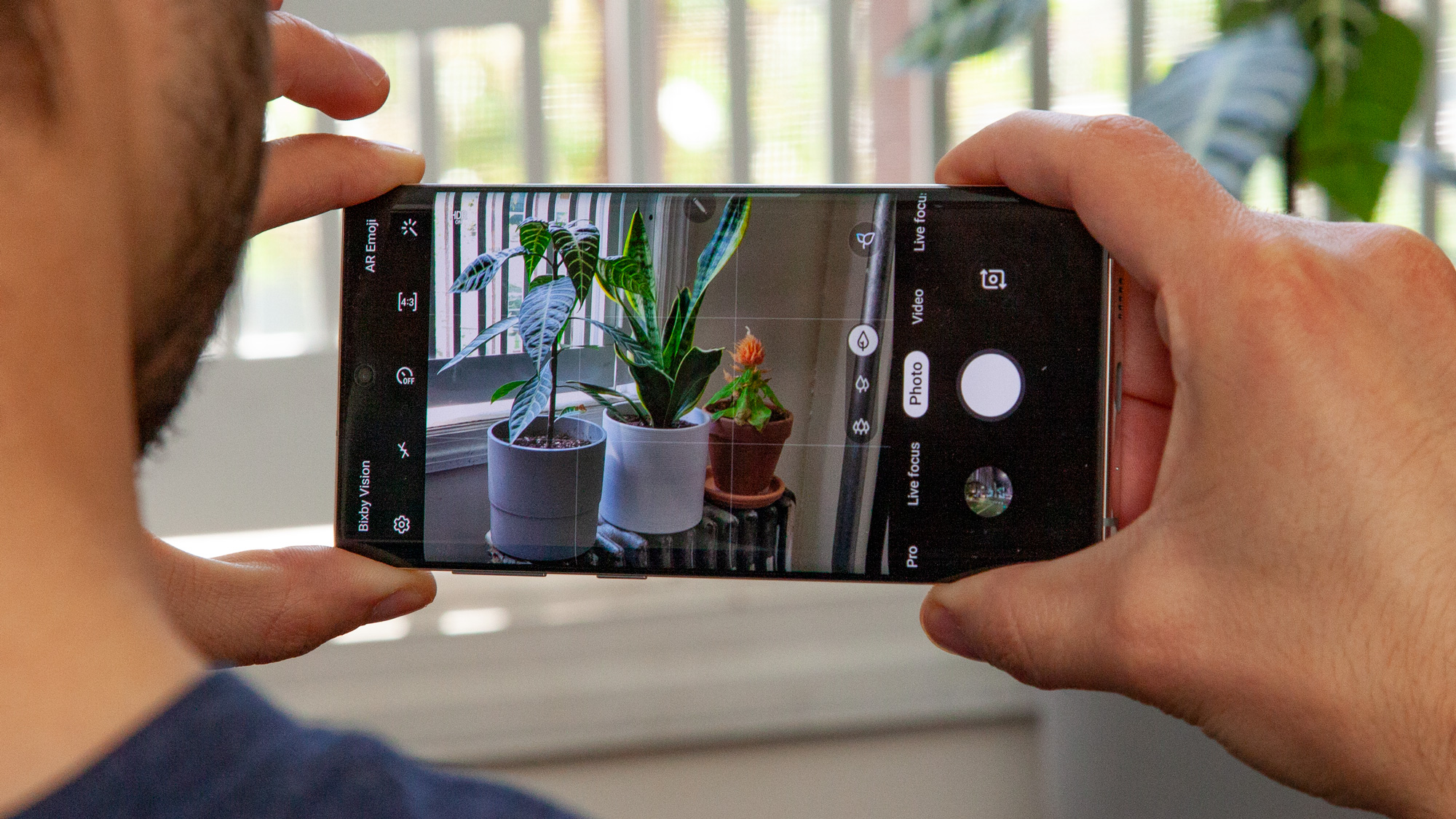
In our own testing and camera face-offs, we found that the Galaxy S10 and Note 10 both captured sharp images and video while also delivering better results in low light. However, Samsung's night mode did not impress as much as what's offered by the phones from Apple or Google, and we've found that Galaxy phone cameras continue to wash out faces in photos taken outdoors. It seems like more of a processing issue than a hardware issue.
"I certainly think Samsung has been unable to capitalize on the camera improvements as much as Apple and Google have," said Carolina Milanesi, an analyst with Creative Strategies.
Of course, the megapixel count of a phone's camera does not necessarily directly translate to higher quality, but the Sony IMX 555 sensor that will reportedly power the Galaxy S20's camera is supposed to be highly advanced.
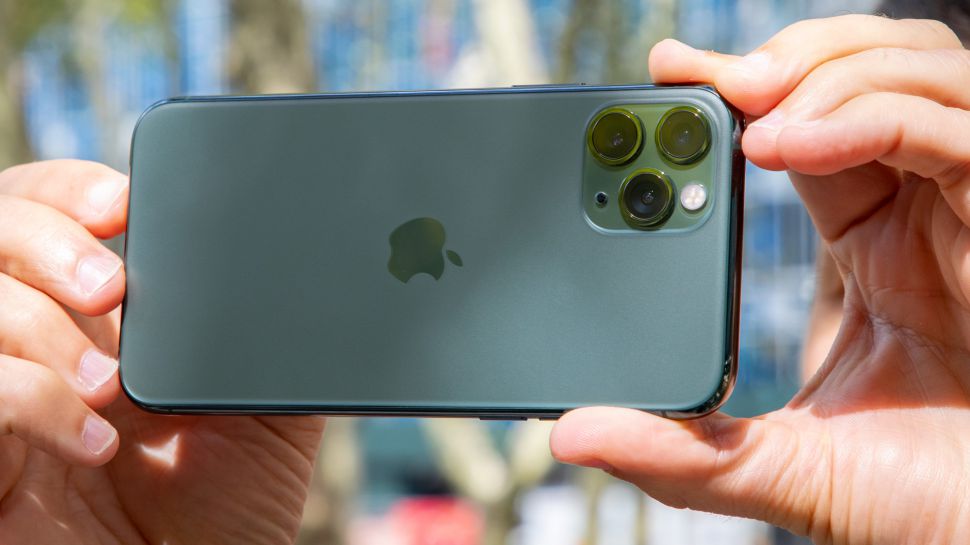
Samsung is also rumored to offer 8K video recording, which could at least start to help make 8K TVs relevant, as well as feature a 40-MP front camera. In addition, the Galaxy S20 could have a smart selfie angle feature that can detect how many people there are in the frame and switch to wide-angle mode if necessary.
Another feature called "single take" will apparently automatically take pics and videos and then pick the best-looking ones for you. Also look for a Director's Video, which may let you record out of multiple lenses at once.
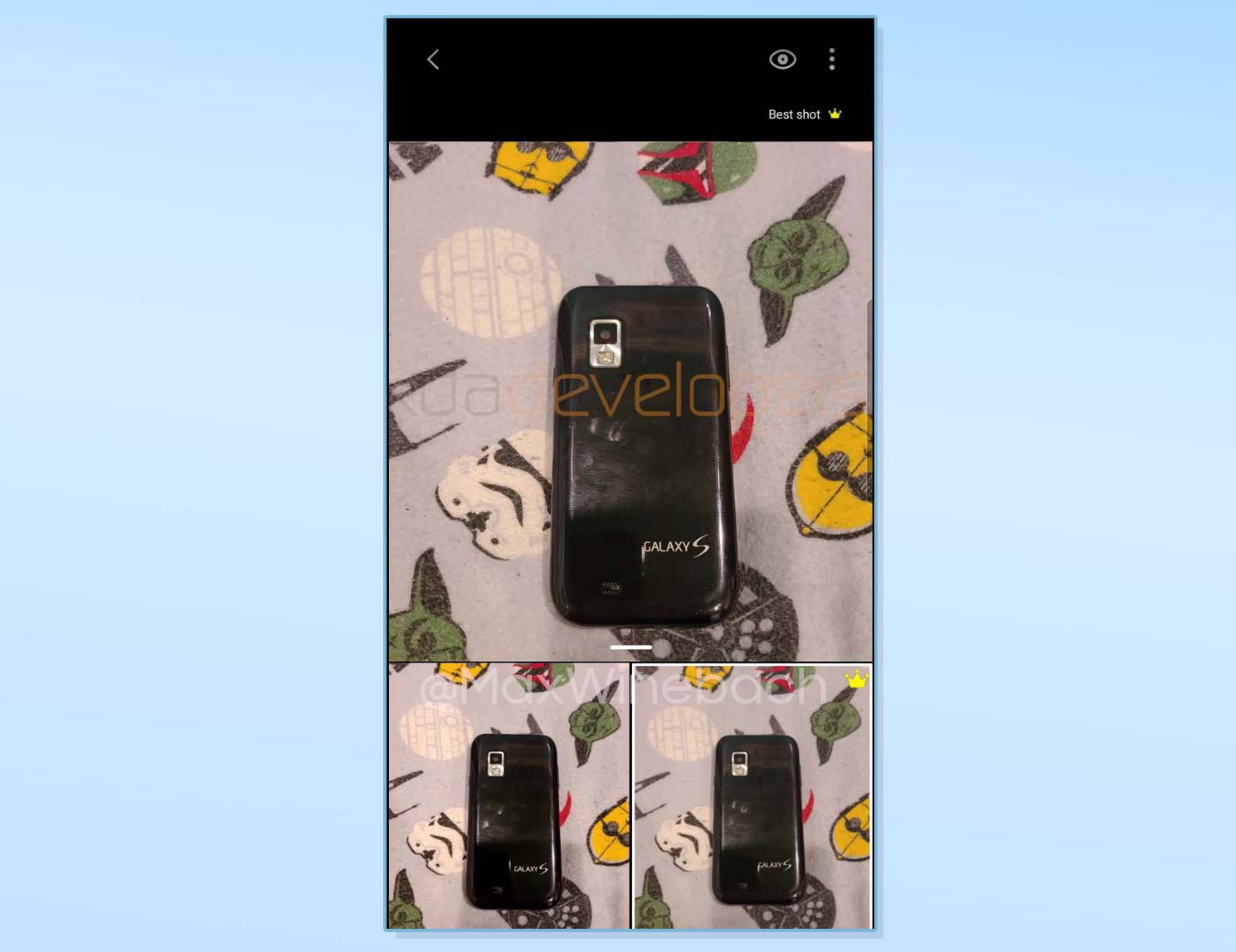
Whatever Samsung does with the S20, it would be wise for the company to not make the camera app too complicated. Apple has done a better job overall with introducing new features while keeping the iPhone's camera interface fairly streamlined.
"The more complex UI the camera has, the harder it is for users to find out what the camera can actually do," said Milanesi.
Bigger batteries on the way
With the iPhone 11, iPhone 11 Pro and iPhone 11 Pro Max, Apple found a way to deliver the longest battery life yet in its lineup. And the company did so through a combination of hardware and software, as Apple has never been about stuffing the biggest batteries possible in its phones.
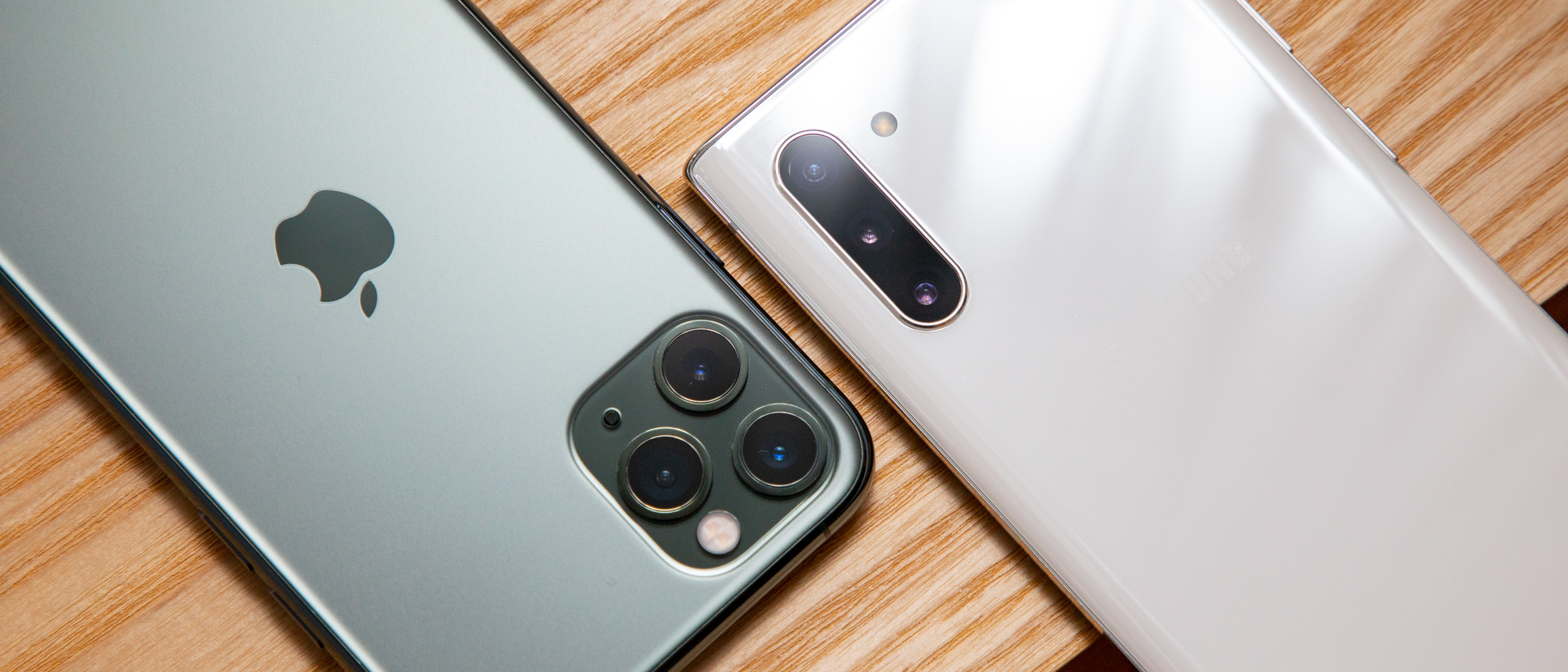
Based on iPhone teardowns, the 6.1-inch iPhone 11 has a 3,046-mAh battery, the iPhone 11 Pro sports a 3,190-mAh battery and the iPhone 11 Pro Max packs a 3,969-mAh battery. In our web surfing test, which involves continuous web surfing over 4G LTE, the iPhone 11 lasted 11 hours and 16 minutes. We consider anything over 11 hours excellent and worthy of our best phone battery life page.
The smaller iPhone 11 Pro lasted for a decent but not spectacular 10:24, while the iPhone 11 Pro Max endured for nearly 12 hours at 11:54.
"Apple made big strides in battery life in the last generation, huge strides really. And so it would be nice to see Samsung being more aggressive in that area," said Greengart.
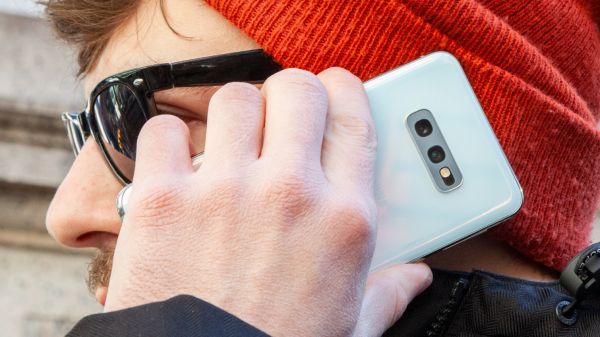
Samsung's phones had mixed results last time around. The Galaxy S10e lasted only 9:41 and the Galaxy S10 an okay 10:19, but the S10 Plus had an epic runtime of 12:35.
Meanwhile, the Galaxy S20 is expected to feature a 4,000-mAh battery (up from 3,400 on the Galaxy S10); the Galaxy S20 Plus will reportedly have a 4,500-mAh battery (up from 4,100 mAh); and the Galaxy S20 Ultra will have a 5,000-mAh battery, which would be one of the largest in the industry.
What's not clear is the toll 5G may have on battery life, or whether the rumored faster 120-Hz refresh rate of the S20's display could also drain the phone's battery. Samsung may need the larger capacity simply to keep pace with last year's models.
Will 5G make a difference?
Up until now, Samsung has offered 5G only on special editions of its phones, with such models as the Galaxy S10 5G and Galaxy Note 10 Plus 5G, but it looks like Samsung could offer at least three models with 5G connectivity this time around.
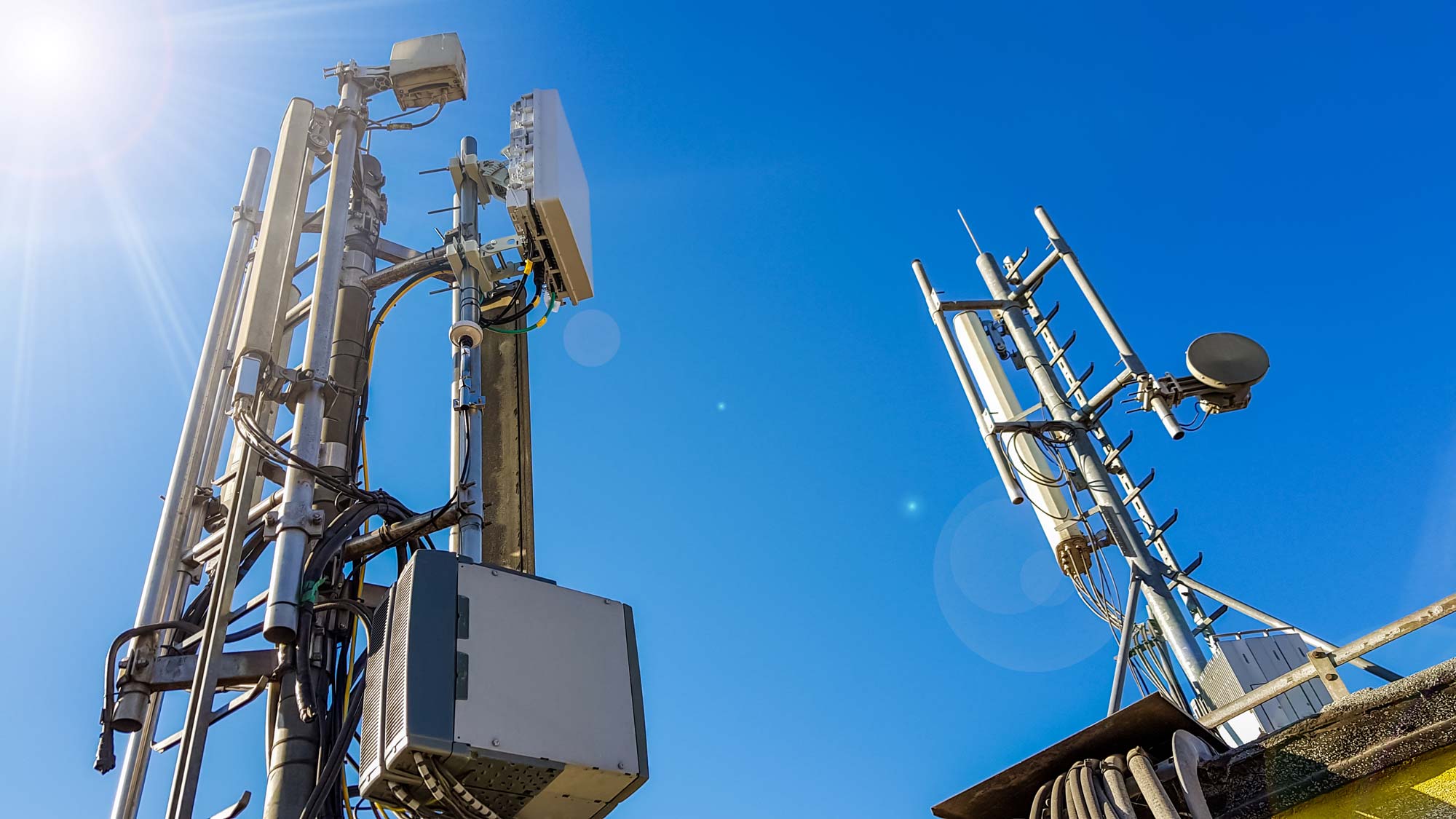
According to XDA-Developers' Max Weinbach, the Galaxy S20 lineup will include 5G variants of the Galaxy S20 and Galaxy S20 Plus, and the Galaxy S20 Ultra will have 5G standard. The non-5G phones would be the Galaxy S20 and Galaxy S20 Plus. That's a total of five handsets.
It's understandable that Samsung would want to offer both 4G and 5G flavors of the Galaxy S20, given that 5G networks are not yet widespread in the U.S. However, when you consider how much flagship phones cost now, it might make sense to future proof your buy by going the 5G route.
"5G may not be that important to consumers in the February-March time frame, but it's definitely something that should be on people's minds for a device that they're planning on holding onto for two-plus years," said Greengart.
The iPhone 12 will have 5G connectivity as well, but Samsung would have a six-month head start on offering the fastest wireless speeds available.
iPhone 12 and the Apple ecosystem factor
Of course, Apple is already hard at work on the iPhone 12, which will almost certainly offer upgraded cameras, a faster A14 chip (which could be as powerful as a MacBook Pro) and 5G connectivity on some models.
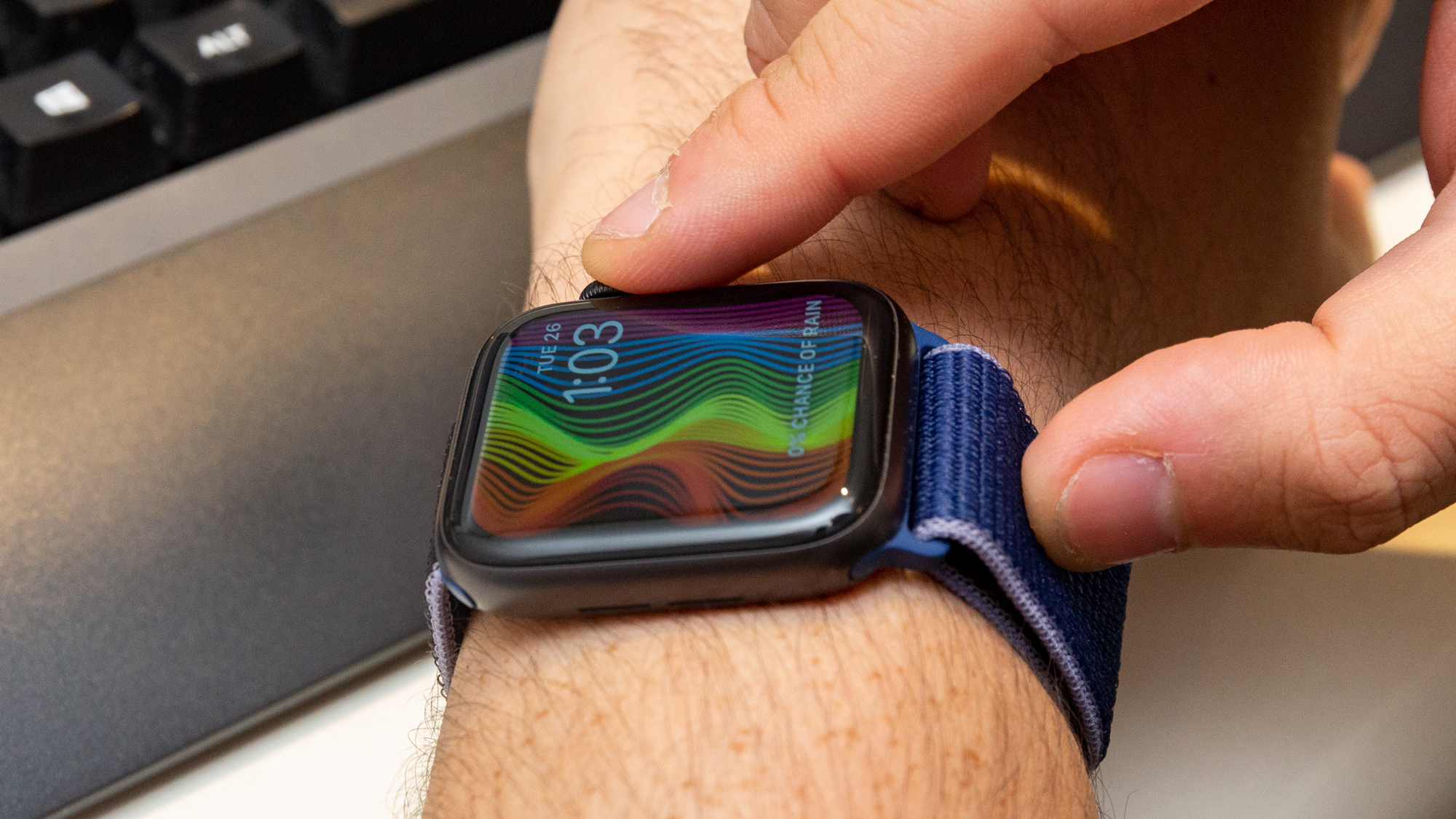
But the biggest advantage Apple has is how all of its products work together.
"Consumers are more and more set in their ecosystem, and switching phones has much broader implications today than a few years ago," said Milanesi. "Think Apple Watch or iPad or Apple TV Plus — meaning that you have more than you give up when you switch platforms. Or there might be other hooks other than the iPhone that keep you with Apple."
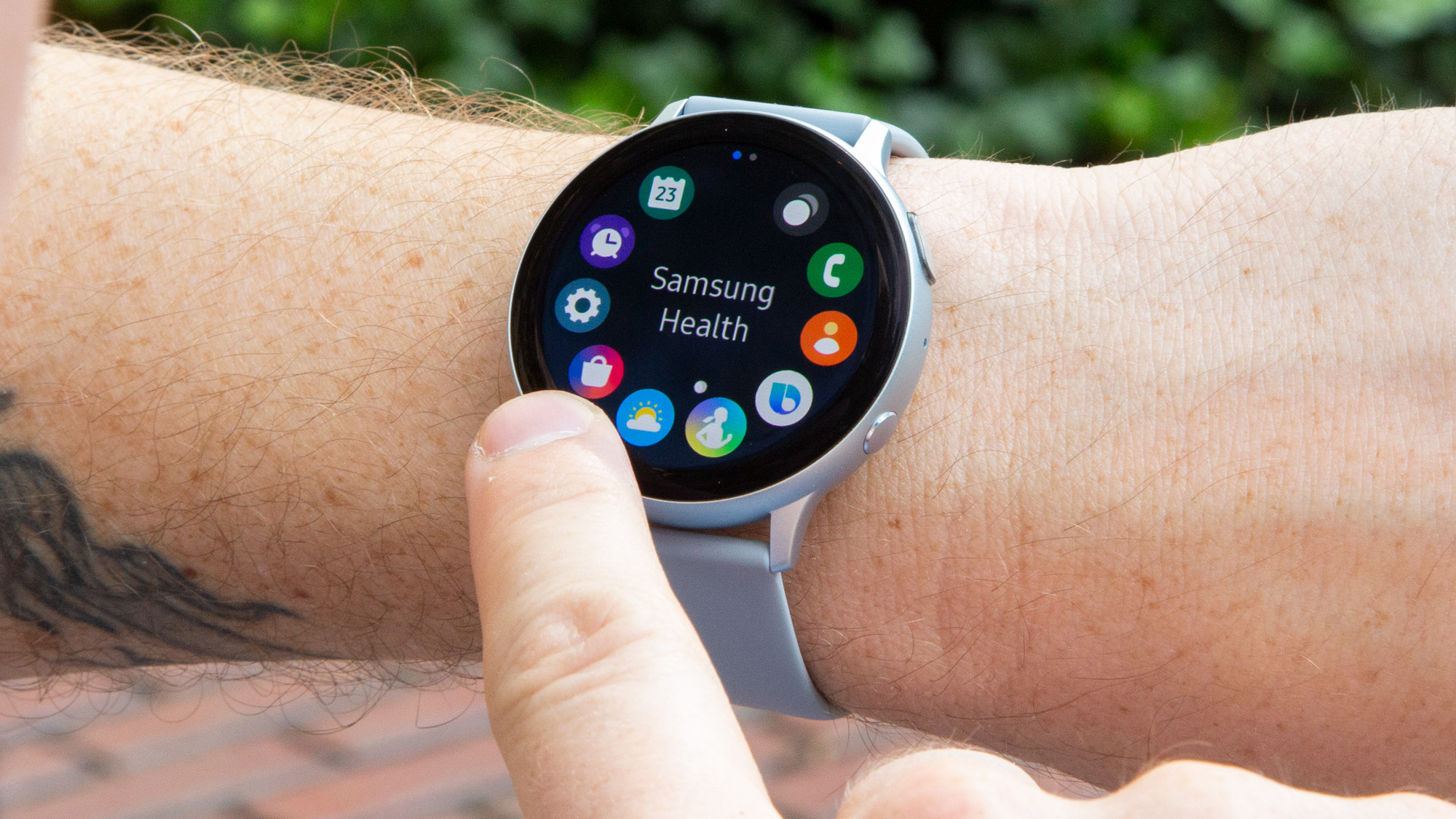
On the other hand, Samsung has been making strides in building out its own sticky ecosystem. This includes the Galaxy Watch Active 2, a new line of Galaxy laptops and Galaxy Chromebooks, and other devices across multiple categories.
"Samsung has watches that are better than any of the other Android options on the market," said Greengart. "And those watches are getting more fitness and health capabilities. And people often buy Samsung appliances and televisions, and that's something that isn't even true for Apple."
This is an advantage that Apple does not have that Samsung can build on as it uses AI and the cloud to link more of its devices together.
Outlook
There's a reason that Samsung is reportedly jumping from the Galaxy S10 name all the way to Galaxy S20 — and skipping right over the Galaxy S11. It's a marketing move to signal to shoppers that this is truly a new generation of phone that will outshine the iPhone 11 and whatever Apple decides to call the iPhone 12. But in order for that nomenclature to ring true, Samsung will have to prove that it's worthy of the hype.
The most important thing for Samsung to nail is the camera. Samsung can't afford to remain in third place behind Apple and Google.
And, overall, two big obstacles remain for Samsung as the Galaxy S20 launch nears: Apple and shopper complacency.
"It gets harder every year to make products better when today's phones already have most of what consumers want. I think continuing to improve on the camera is probably the biggest drive to upgrade — and, for some tech early adopters, 5G," said Milanesi.
Mark Spoonauer is the global editor in chief of Tom's Guide and has covered technology for over 20 years. In addition to overseeing the direction of Tom's Guide, Mark specializes in covering all things mobile, having reviewed dozens of smartphones and other gadgets. He has spoken at key industry events and appears regularly on TV to discuss the latest trends, including Cheddar, Fox Business and other outlets. Mark was previously editor in chief of Laptop Mag, and his work has appeared in Wired, Popular Science and Inc. Follow him on Twitter at @mspoonauer.

